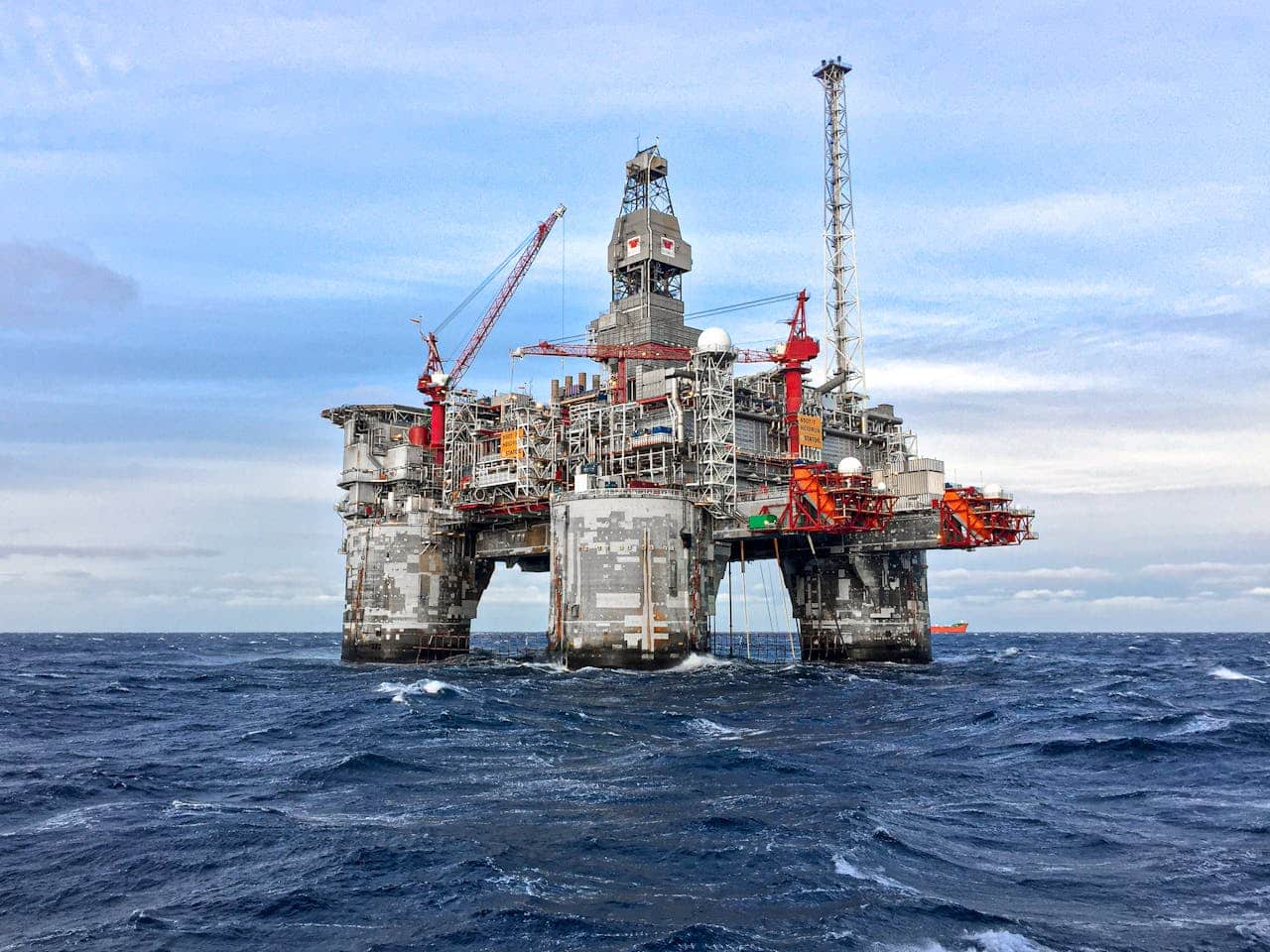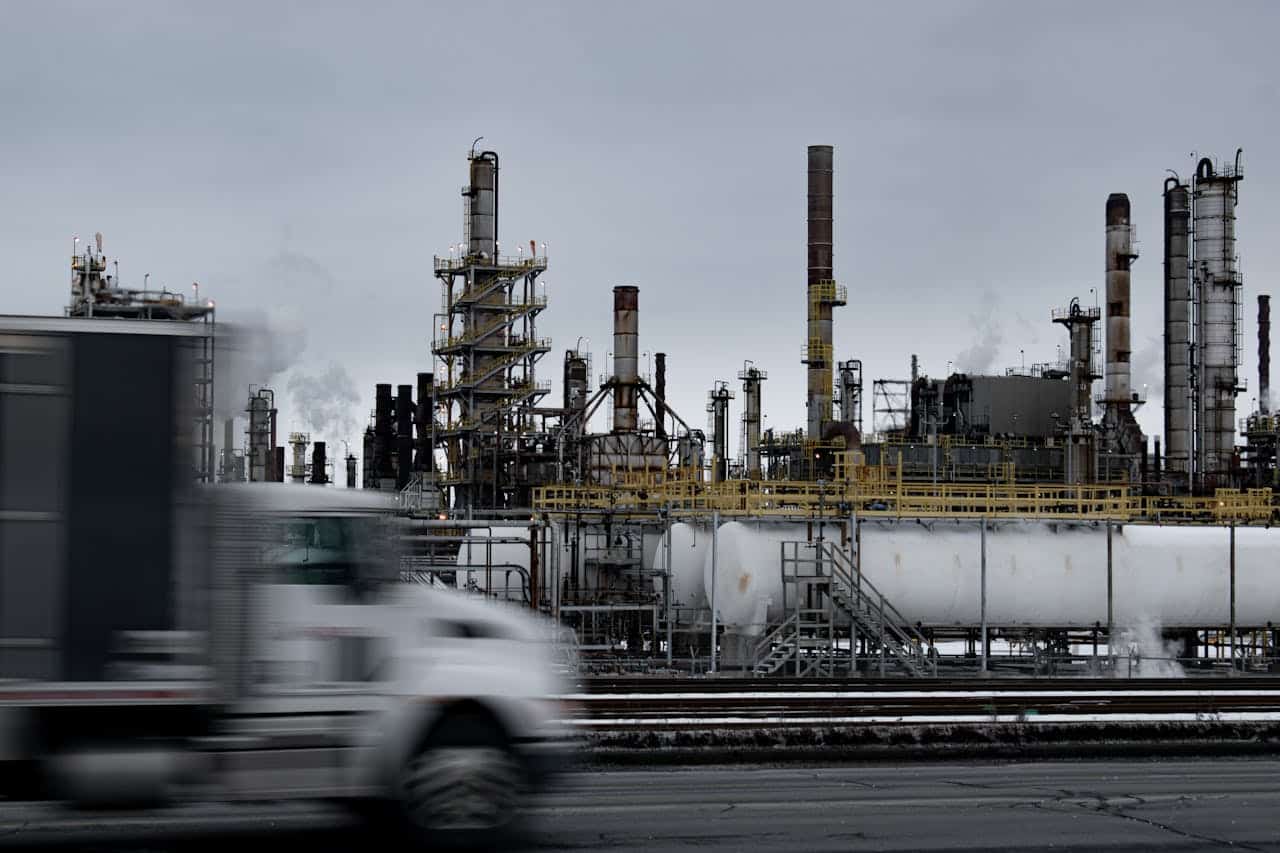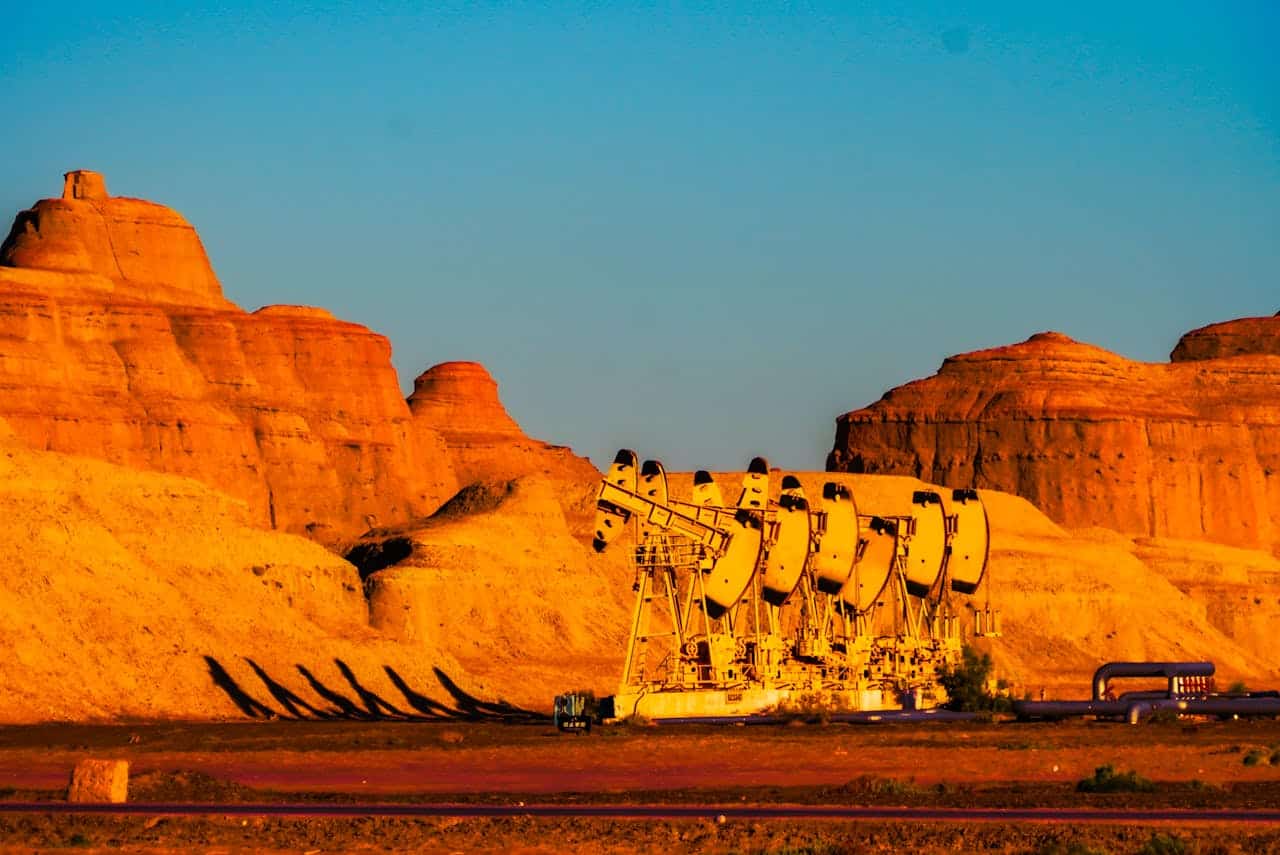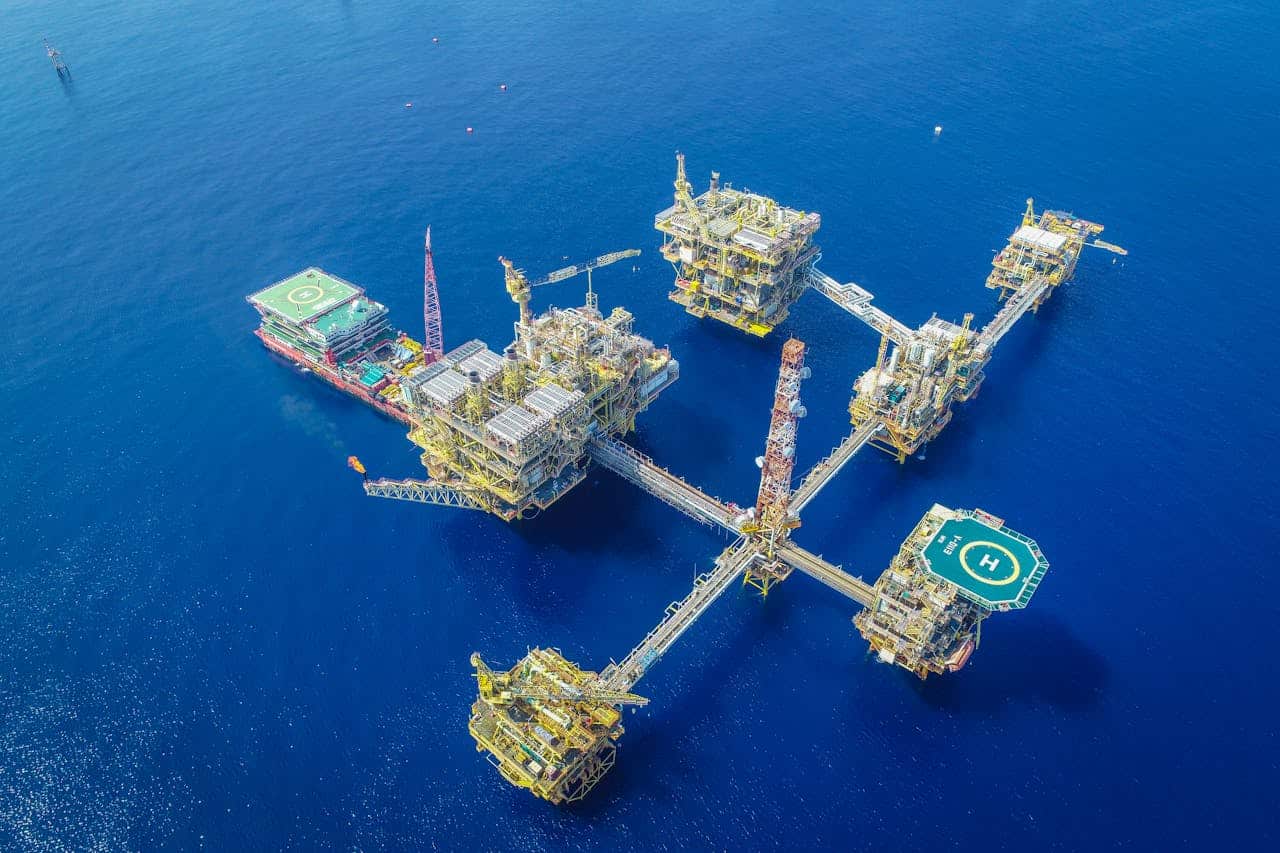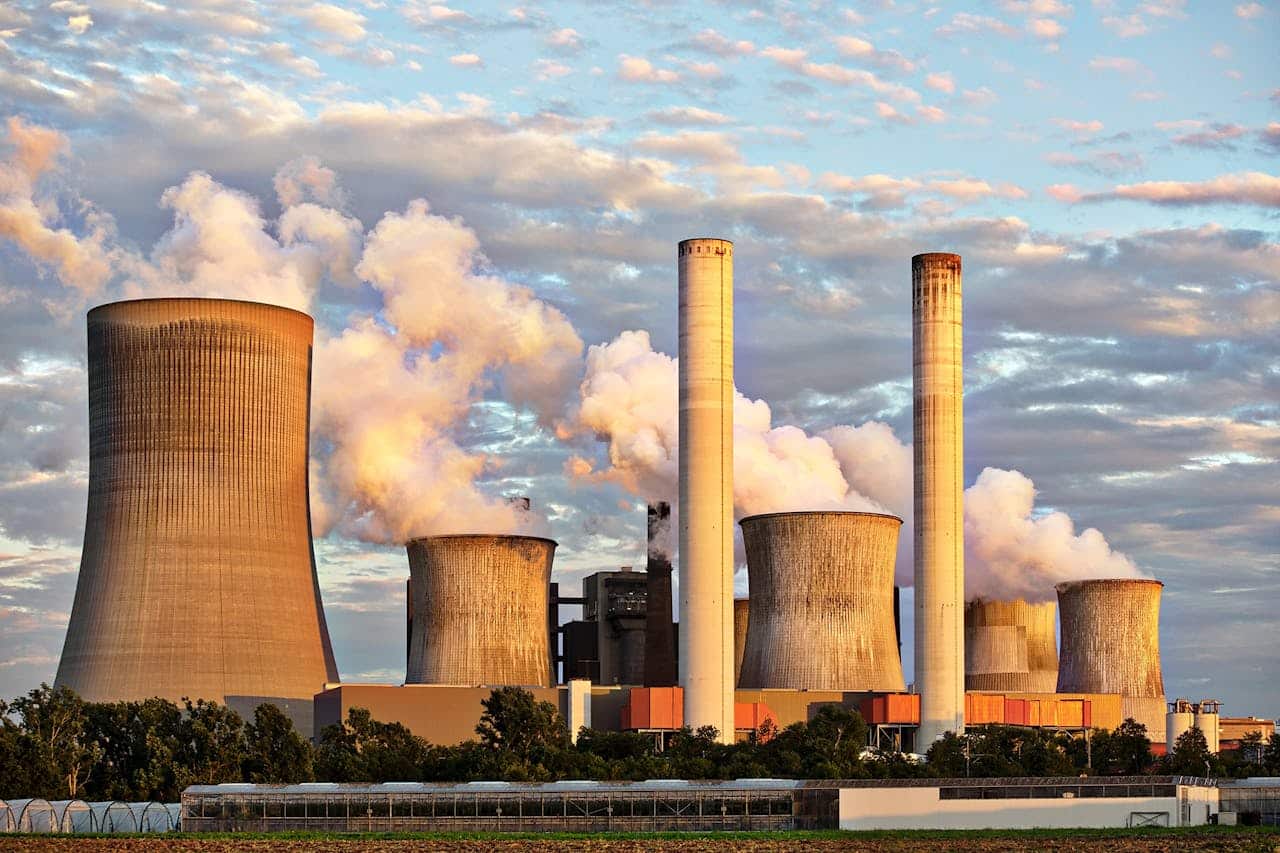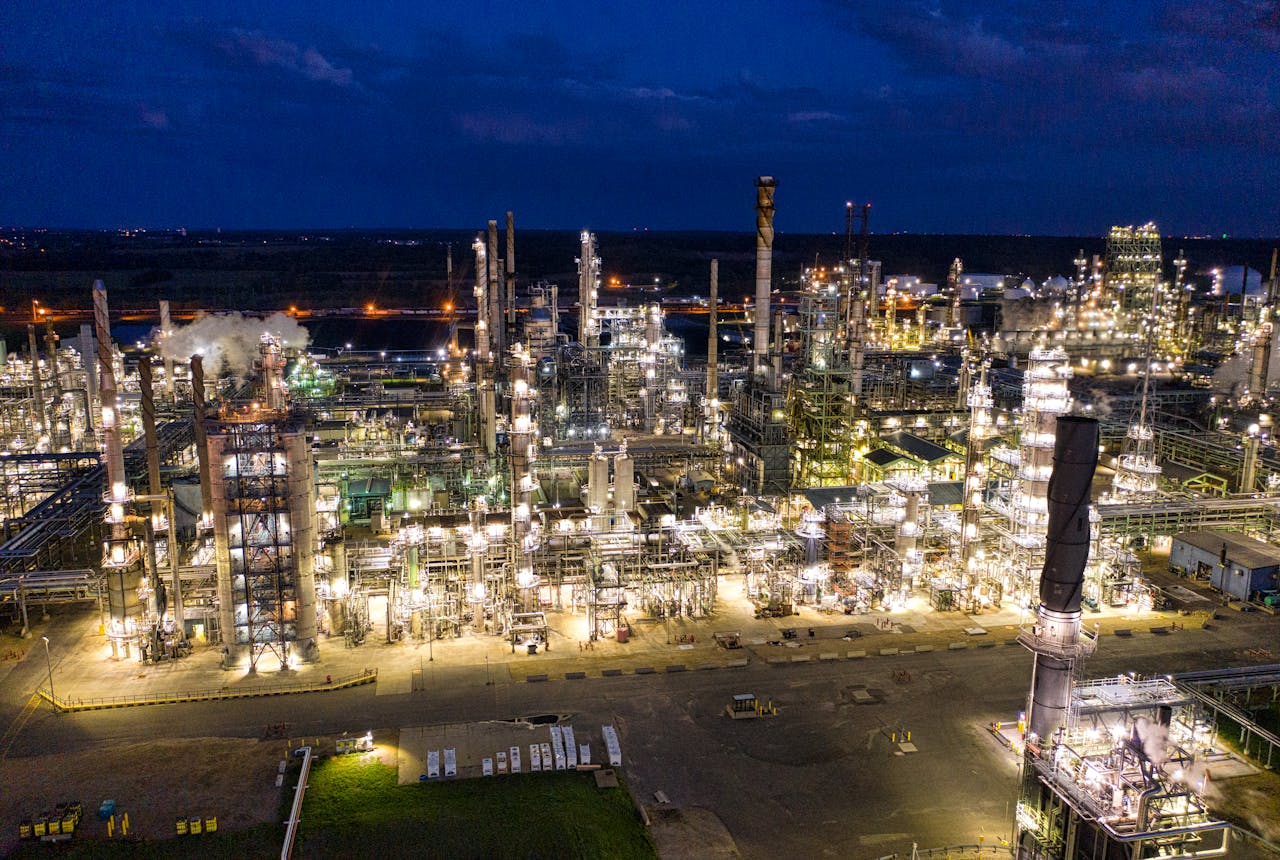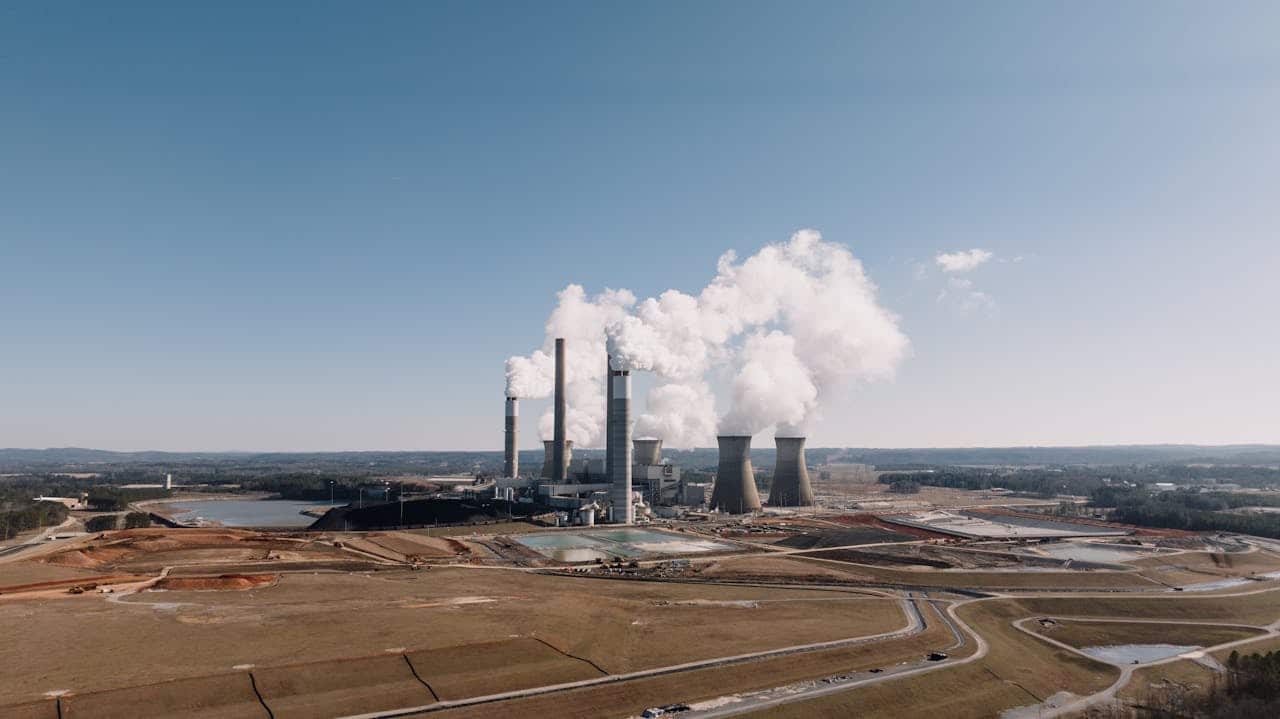Liquefied Natural Gas (LNG) Value Chain
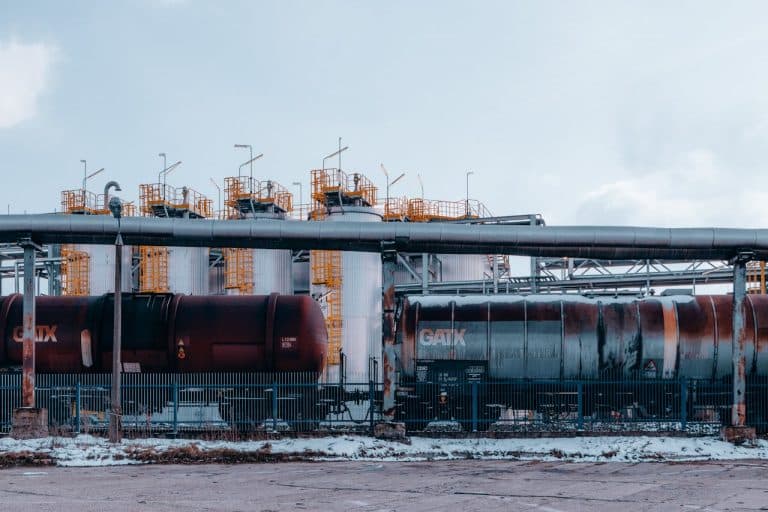
| Date | Format | Duration | Fees (USD) | Register |
|---|---|---|---|---|
| 17 Nov - 21 Nov, 2025 | Live Online | 5 Days | $3785 | Register → |
| 01 Dec - 05 Dec, 2025 | Live Online | 5 Days | $3785 | Register → |
| Date | Venue | Duration | Fees (USD) | Register |
|---|---|---|---|---|
| 10 Nov - 14 Nov, 2025 | London | 5 Days | $6305 | Register → |
| 08 Dec - 19 Dec, 2025 | Kampala | 10 Days | $11085 | Register → |
Did you know that Shell’s Prelude FLNG facility in Australia produced enough natural gas in 2023 to power 3.5 million homes while using only 16 acres of ocean surface? This compelling statistic underscores the efficiency and importance of modern LNG facilities in meeting global energy demands.
Course Overview
The Liquefied Natural Gas (LNG) Value Chain course by Alpha Learning Centre is meticulously designed to equip professionals with essential skills in understanding and optimising the integrated processes of the LNG industry. This course focuses on exploration, production, liquefaction, shipping, regasification, and distribution to ensure participants can effectively navigate the complex landscape of the global LNG market.
Why Select This Training Course?
Selecting this LNG Value Chain Course offers numerous advantages for professionals involved in the gas industry, project management, and energy market analysis. Participants will gain advanced knowledge of LNG production techniques, shipping logistics, and market dynamics. The course provides hands-on experience with cutting-edge technologies and real-world case studies, enabling attendees to enhance their strategic decision-making in LNG operations.
For organisations, investing in this training enhances overall operational efficiency and reduces project risks. By ensuring that personnel are well-trained in LNG value chain management, organisations not only protect their assets but also build sustainable practices. Research shows that companies implementing comprehensive LNG strategies can achieve significant improvements in both production efficiency and environmental performance. For instance, Qatar Energy’s North Field East Expansion project is set to reduce greenhouse gas emissions by 35% compared to similarly sized facilities through the use of advanced AP-X™ technology.
Individuals who complete this course will benefit from enhanced career prospects as they become more valuable assets in their respective fields. The skills acquired through this training can lead to professional growth and increased responsibilities within their organisations. Studies indicate that with advanced LNG technologies, facilities can achieve substantial improvements in operational efficiency. For example, Mozambique’s Coral Sul FLNG facility achieved 98.5% uptime in its first year of operation while maintaining the lowest carbon intensity in its class.
Transform your LNG value chain management capabilities – Register now for this critical advanced training programme.
Who is this Training Course for?
This course is suitable for:
- Gas industry engineers and technical staff.
- LNG project managers and coordinators.
- Energy market analysts and consultants.
- Operations managers in LNG production and logistics.
- Policymakers and energy sector regulators.
What are the Training Goals?
The objectives of this training course are to enable professionals to:
- To deeply understand the LNG value chain’s operational and strategic aspects.
- To apply cutting-edge technology in LNG processes.
- To analyse LNG’s economic and environmental implications.
- To navigate the complexities of global LNG trading and logistics.
How will this Training Course be Presented?
The LNG Value Chain Course employs a comprehensive and innovative approach to ensure maximum knowledge retention and skill development. Expert-led instruction from seasoned industry professionals forms the core of the course, providing up-to-date insights into modern LNG technologies and practical applications for today’s energy sector.
The course utilises a blend of theoretical lectures and practical applications, allowing participants to apply their knowledge to realistic scenarios. Advanced educational methodologies create a personalised and engaging learning journey through:
- Interactive virtual classes with seasoned experts
- Case studies and simulations reflecting current LNG challenges
- Workshops on innovative technologies in LNG
- Collaborative projects for practical application
- Access to a dynamic online resource library
Join us now and elevate your LNG value chain expertise to new heights!
Course Syllabus
Module 1: LNG Production Techniques
- Exploration and extraction for LNG feedstock.
- Gas purification before liquefaction.
- Liquefaction processes: APCI, cascade, and mixed refrigerant.
- Efficiency optimisation in liquefaction plants.
- Renewable energy integration in LNG production.
- Cryogenic storage systems for LNG.
- Safety systems in LNG production.
- Environmental compliance in LNG manufacturing.
- Operational challenges in remote locations.
- Economic analysis of LNG production scales.
- FLNG vs. onshore LNG plant considerations.
- Innovations in gas compression technology.
Module 2: LNG Shipping and Transport
- Design specifics of LNG carriers.
- Cryogenic tank maintenance on ships.
- LNG shipping routes and logistics planning.
- Boil-off gas handling strategies.
- Advances in LNG ship propulsion.
- Compliance with maritime regulations for LNG.
- Economic impact of shipping on LNG costs.
- LNG pricing is influenced by transport.
- Port operations for LNG handling.
- Environmental considerations of LNG shipping.
Module 3: LNG Regasification and Terminal Operations
- Designing regasification terminals.
- Technologies for LNG vaporisation: ORV, SCV.
- LNG storage at receiving facilities.
- Safety measures for regasification.
- Energy efficiency in regasification operations.
- Integration with local gas networks.
- Seasonal demand management.
- Environmental impact at regasification sites.
- Cost-benefit of different regasification methods.
- Adapting to demand variability.
Module 4: LNG Market and Trading Strategies
- Global LNG supply and demand dynamics.
- Spot vs. long-term contract pricing.
- LNG’s role in global energy politics.
- Hedging against LNG price fluctuations.
- Market entry tactics for LNG newcomers.
- LNG in the transition to cleaner energy.
- Contract negotiation in LNG sales.
- Trade policies and their LNG market effects.
- Predictive analytics for market forecasting.
- Sustainable practices in LNG trading.
Module 5: LNG Infrastructure Project Management
- Feasibility and planning for LNG projects.
- Financing models for LNG infrastructure.
- Regulatory and environmental approval processes.
- Stakeholder engagement in LNG developments.
- Technological integration in project design.
- Modular construction benefits for LNG.
- Decommissioning strategies for LNG assets.
- Strategic site selection for LNG terminals.
- Risk management in infrastructure development.
- Project scheduling and execution.
Module 6: Safety and Emergency Management in LNG
- Identifying hazards in LNG operations.
- Adherence to LNG safety standards.
- Emergency protocols for LNG incidents.
- Training for emergency response teams.
- Preventing fires and explosions with LNG.
- Modelling LNG vapour dispersion.
- Security against threats in LNG facilities.
- HSE audits for LNG operations.
- Continuous safety improvement practices.
- Managing public perception of LNG safety.
Module 7: Environmental Impact of LNG
- Lifecycle environmental assessment of LNG.
- Carbon capture in LNG production.
- Strategies for reducing gas flaring.
- Water management in LNG processes.
- Methane emissions control techniques.
- Sustainable logistics in LNG transport.
- Renewable energy in LNG facilities.
- Biodiversity impact of LNG projects.
- Compliance with environmental laws.
- Future trends in green LNG.
Module 8: Technological Innovations in LNG
- Latest in cryogenic equipment.
- IoT for smart LNG operations.
- AI for process optimisation in LNG.
- Robotics for LNG maintenance.
- Blockchain for LNG supply chain transparency.
- Energy efficiency through tech advancements.
- Developments in FSRU technology.
- Small-scale LNG production innovations.
- Predictive maintenance with big data.
- LNG’s role in hydrogen energy systems.
Module 9: LNG Policy and Regulation
- Navigating international LNG regulations.
- Compliance with global and local laws.
- Influence of policy on LNG development.
- Regulatory frameworks for LNG trading.
- Environmental policy affecting LNG.
- Legal considerations in LNG contracts.
- Impact of geopolitical events on LNG.
- Policy incentives for LNG infrastructure.
- Strategic policy for energy security.
- Future regulatory trends in LNG.
Training Impact
The impact of LNG value chain training is evident through various real-world case studies and data, which demonstrate the effectiveness of structured programmes in enhancing operational efficiency and environmental performance.
Research indicates that organisations implementing structured LNG training programmes have demonstrated measurable benefits in both production efficiency and cost reduction. A case study from Qatar Energy’s North Field East Expansion project showed that implementing advanced technology led to a 35% reduction in greenhouse gas emissions compared to similarly sized facilities.
These case studies highlight the tangible benefits of implementing advanced LNG value chain techniques:
- Improved production efficiency through innovative technologies
- Enhanced environmental performance through reduced emissions
- Increased operational reliability in LNG facilities
- Strengthened competitiveness in the global LNG market
By investing in this advanced training, organisations can expect to see:
- Significant improvement in LNG value chain performance indicators
- Improved ability to handle complex challenges in LNG projects
- Enhanced decision-making capabilities in LNG operations and trading
- Increased competitiveness through comprehensive LNG strategies
Transform your career and organisational performance – Enrol now to master the Liquefied Natural Gas (LNG) Value Chain!

